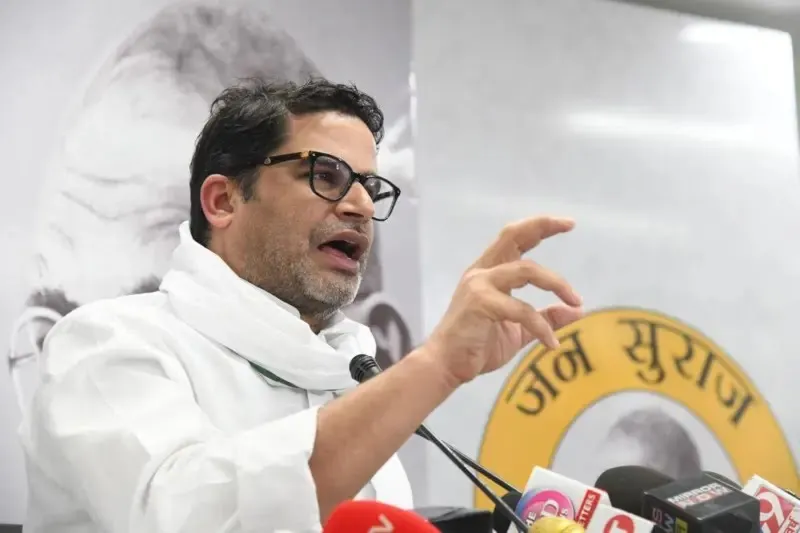Published 15 Nov 2025
Prashant Kishor: Why India’s Political Start-Ups Rarely Succeed
Prashant Kishor explains why most political start-ups fail in India. Lack of ground work, weak organisation, unclear leadership, and poor understanding of voters make it hard for new political groups to survive.

Introduction
India has seen many new political groups in the past few years. These new teams often call themselves “political start-ups.” They come with modern ideas, young faces, catchy slogans, and strong online campaigns. But after a few months or a couple of years, most of them fade away.
Prashant Kishor, one of India’s most trusted political strategists, has pointed out several reasons for this. According to him, the journey of a political start-up is not as easy as it looks.
1. Politics Needs Strong Roots, Not Just Good Branding
Kishor says politics is not like launching a new product. You cannot win just by making a logo, a website, or a social media campaign. A political party needs years of ground work, local workers, booth committees, and trust from people.
Most start-ups skip this foundation, and that becomes their biggest weakness.
2. Voters Trust People, Not Just Ideas
Many political start-ups talk about clean politics, educated leadership, or new models of governance. These sound good, but Kishor says Indian voters still care more about trust, connection, and familiarity.
People want to know:
- Who is the leader?
- What have they done for the area?
- Will they stand with us in tough times?
Start-ups cannot build this trust overnight.
3. A Party Needs an Organisation, Not Only Social Media
According to Kishor, running a political party is extremely expensive and requires a strong team.
You need:
- offices,
- volunteers,
- district-level teams,
- ground surveys,
- daily coordination.
Most start-ups depend too much on online popularity but fail to create an actual structure on the ground.
4. Big Parties Have a Huge Advantage
India’s major parties — both national and regional — have decades of experience, loyal workers, and strong networks.
Start-ups underestimate this and try to fight big battles too soon, which leads to disappointment.
5. Leadership Confusion Ends Their Journey
Many political start-ups are formed by groups of activists or professionals. Everyone wants a say, and sometimes there is no clear leader. Kishor says that Indian voters prefer one strong face who takes responsibility.
When a party looks divided, people don’t take it seriously.
6. They Want Quick Success
A major reason for failure, according to Kishor, is impatience. Political start-ups often expect fast results:
- one big rally,
- one viral video,
- one election win.
But politics needs years of hard work, not shortcuts.
7. Poor Understanding of Local Issues
Kishor believes India’s politics changes every few kilometres. One area may want jobs, another may want roads, another may need safety or water supply.
Start-ups use the same message everywhere and fail to understand what people really want.
8. No Long-Term Commitment
Many founders lose interest when they don’t win early elections.
Kishor says political success needs patience, sacrifice, and long-term dedication — qualities many start-ups fail to maintain.
Conclusion
Prashant Kishor’s explanation makes one thing very clear: the problem is not lack of ideas. The problem is lack of ground strength, real connection, organisation, patience, and leadership clarity.
In India, politics cannot be built like a start-up. It has to be built like a movement — slow, steady, and deeply rooted.

Dr Sudheer Pandey
94% of readers found this post helpful
0 Votes
Click a star to add vote